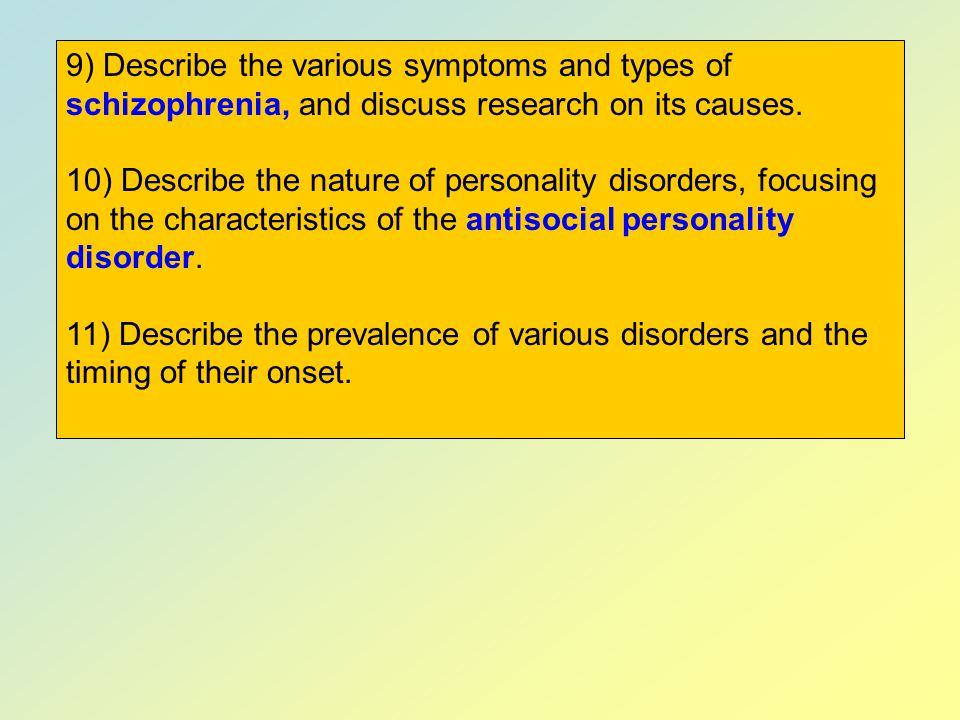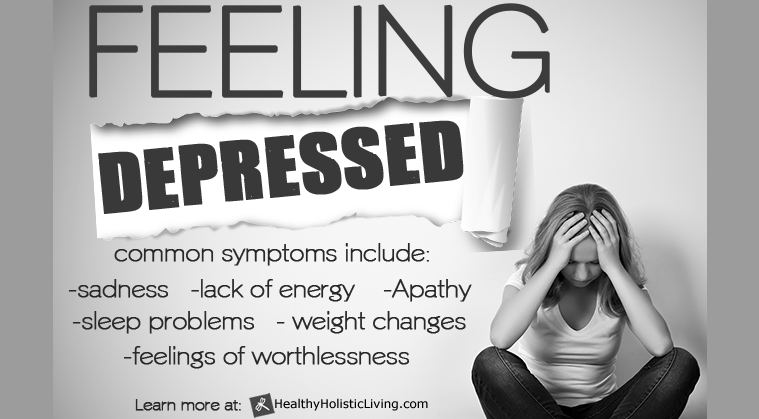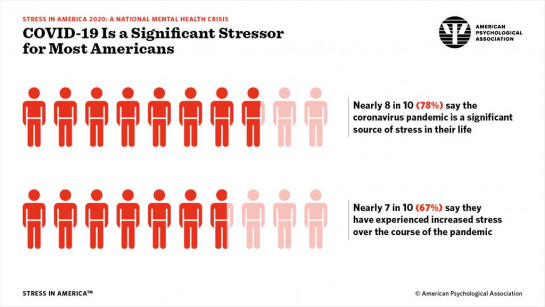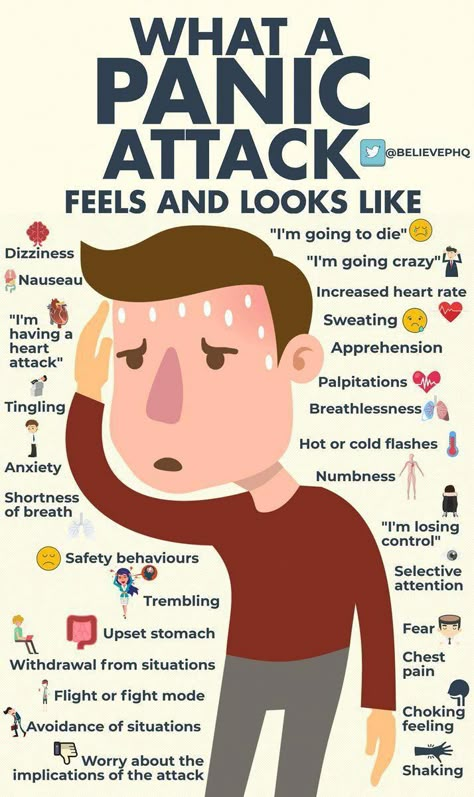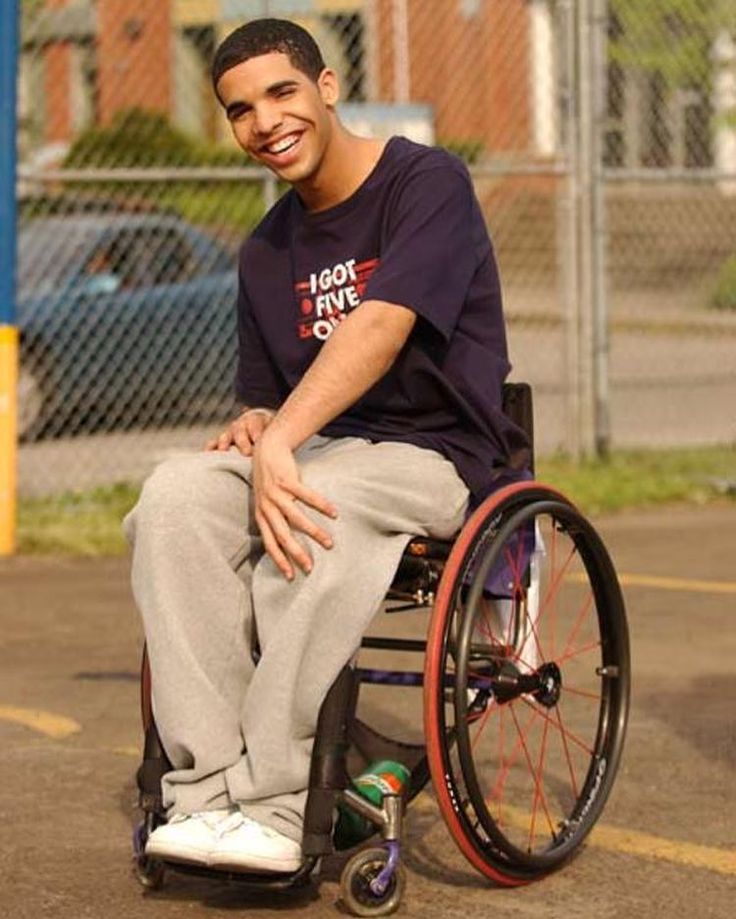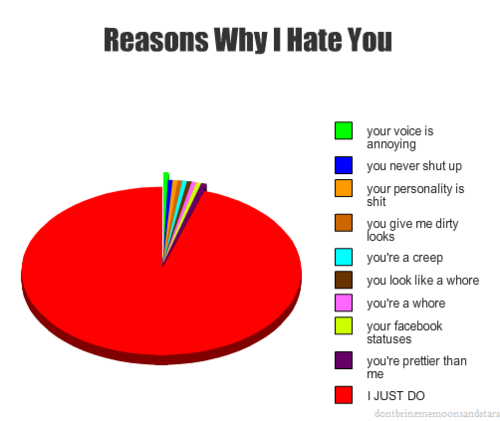Working too hard
Six signs you're working too hard
by Amber Rolfe
Finding it difficult to switch off?
Working hard at your job is a great way to get ahead in your career and earn bonus points at work. But if you overdo it, you could start to notice some negative effects – both in your quality of work, and in your health and wellbeing.
To make sure you’re not burning yourself out, here are six signs you’re working too hard:
You have no social life
You haven’t just lost your work/life balance. You’ve lost it so badly, you’ve fallen down, and you can’t get back up.
It can be all too easy to overlook how often you’re turning down social invites. But when you always seem to put off personal plans because of work, it’s probably time to seriously evaluate your situation.
Always try and take a break from work when you’re invited to do something social – even if it’s only a quick after-work drink. At the very least it will stop your housemates wondering whether you’re still alive because they haven’t seen you in a week.
Let’s face it, no one wants to be the person that always says no.
No one can keep up with you
There’s being admired for what you do, and there’s being avoided at all costs because of it.
If you notice your colleagues don’t want to work with you on group projects – it might be time to take a step back and ask yourself why. Is your full-on work ethic too much pressure for them? Would they rather go home at 5pm instead of working all night?
Not everyone can handle a 24/7 work timetable, so it might be time to scale it back, set some boundaries, and keep your colleagues’ feelings in mind.
Especially if you’re working on collaborative tasks and team assignments.
Your body is starting to rebel
If you’re working too hard, your body will tell you.
People react to stress in a number of different ways, and whether you’re losing or gaining weight, suffering from mysterious migraines, or having trouble sleeping, it usually comes down to the same thing – you’re not giving yourself enough of a break.
Instead of ignoring your body’s signals to slow down, consider that your excessive workload could be the cause. You’d be surprised at what adopting a healthier lifestyle, adjusting your behaviour, and focusing on something other than work can do for your wellbeing.
Your productivity is dropping
A lack of productivity is often a clear sign of overworking.
Whether you’re starting to slack with the quality of your work, you’ve developed a negative attitude, or you’re just no longer feeling motivated to do a good job – it could all indicate a burnout. Other clues include tiredness, irritability, and apathy.
And the only way to get back on track is to take a break. Not only will you be able to recharge and feel better, you’ll also come back to your work with a more proactive mindset.
You’re always in a bad mood
Your job has a big impact on your mood – even when you’re not actually working.
So although it might seem like you’re genuinely angry about a queue of traffic, or an overly small portion of food you got at a restaurant (you definitely ordered large fries), minor inconveniences might not be the real root of your problem.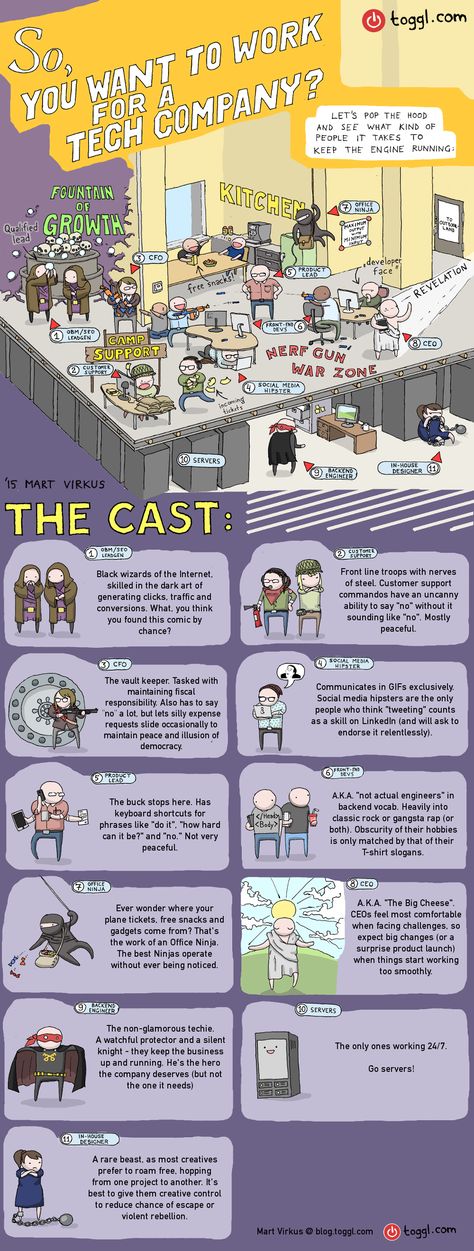
If you feel the need to complain more often than not, ask yourself why. Putting too much energy into your work might mean that you don’t have any tolerance left to actually enjoy your free time.
You can’t switch off
Can’t get the grind off your mind? It might be time to tone down the hard work…
You might feel like you have to refresh your emails while you’re watching TV, make business calls at dinner, or find taking your laptop on holiday is an absolute necessity, just so you can update that all-important spreadsheet at the beach. Even ‘dream you’ can’t catch a break.
To combat work calling you 24/7, start scheduling in some space to unwind. In other words, completely clear your head of work, and take a genuine rest from it. No emails. No calls. Just ‘me time’.
Because too much of anything is never a good idea (even if you really love your job).
Still searching for your perfect position? View all available jobs now
3 Signs You're Working Too Hard at Your Job
You’ve heard these sayings over and over: The early bird gets the worm, hard work pays off, be the first to arrive in the office and the last to leave.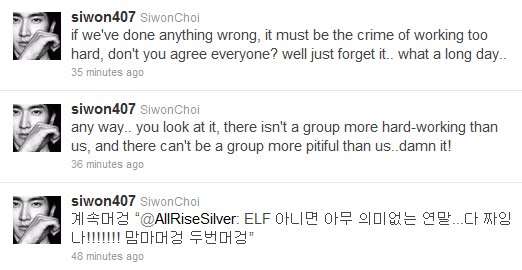 There are so many motivational quotes—cliché and otherwise—that it’s easy to buy into them all.
There are so many motivational quotes—cliché and otherwise—that it’s easy to buy into them all.
But, at what point do your hardworking habits stop being productive and start taking a toll on your health, your abilities, and inevitably, your career?
There isn’t usually a big, flashing “Chill out!” sign to bring you back to Earth. But, there are often signs that you’re spending too much time hammering away at your to-do list—and not enough time taking care of yourself.
1. You’re Always Turning Down Opportunities to Socialize
The first time I realized I was spending too much time working and not enough time being social was actually when my parents pointed it out: “Lil, you’re spend another weekend on your computer…instead of with friends?”
At first, I was offended. Of course I spent time away from work! I have lots of friends! But then I gave it some thought: When was the last time I didn’t turn down an invitation to grab a meal or hang out? I had to go back several weeks to find an example (and it was grabbing a working lunch with a committee I was on, so not good).
It’s easy to lose track of how many times you’ve turned down a co-worker’s invitation to lunch or a friend’s offer to get drinks. It always seems like you’re saying no just this one time for something more important—until you look back and realize that you’ve been saying no, well, all the time.
How to Stop
As any workaholic knows, simply saying, “Just hang out with people more” is easier said than done. After all, any moment away from your precious desk is a moment when you’re not getting through your work.
My advice? Start small by simply saying yes. Whenever a colleague invites you to go on a lunch excursion, tag along. If a friend tells you a few people are getting drinks after work, ask her, “when and where?” Once you master the art of not immediately declining, it gets easier to choose other plans over work. You’ll probably even find that you work more effectively when you give yourself a break.
2. Your Colleagues Don’t Want to Work With You
We live in a society that prides itself on being busy, so having co-workers call you the hardest worker (or, in some politically incorrect cases, the Work Nazi) seems like a badge of honor, rather than a bad thing.
However, when you start to notice that your colleagues are no longer wanting to collaborate or team up with you because you’re the person who’s working all the time (and therefore putting pressure on them to work 24/7), you should take a step back and re-assess what you’re doing. Whether that means changing your schedule or just observing how others organize their time, don’t let these moments go unnoticed.
How to Stop
If you find this happening to you repeatedly, it’s time to follow the herd and do what they’re doing—rather than blazing your own trail and trying to get people to do as you do.
For example, you might think it’s a great idea to stay late every night to get a head start on upcoming projects—but your team might not be as enthused. Take a cue from them: Every job needs boundaries, and lacking them leads to frustration, resentment, and burnout. Trying to get everyone to stay late one night to meet an important deadline is totally OK; trying to make them stay late every Friday night crosses the line. Do them (and you) a favor by knowing when to call it a night.
Do them (and you) a favor by knowing when to call it a night.
3. Your Body Is Responding Negatively
About two years ago, at the pinnacle of my workaholic ways, I started noticing that my hair was falling out. At first, I thought of bizarre rationales for why it was happening—this is a natural part of the hair cycle! My hair always sheds this much! But after several weeks of watching excessive clumps of hair clog up my shower drain, I had to admit that it was more than just a weird hormonal phase.
People react to stress and being in constant “go” mode differently, which can lead to weight gain or loss, trouble sleeping, stomachaches, headaches, and all sorts of other health problems. Yes, the easy route would be to pop some Excedrin when you feel a migraine coming on, or sleep one extra hour one night to make yourself temporarily feel better. But that’s not going to change the underlying issue that you’re overworking yourself.
How to Stop
Health gurus always say stuff like, “Listen to your body!” But like a lot of people, I don’t exactly know what that means.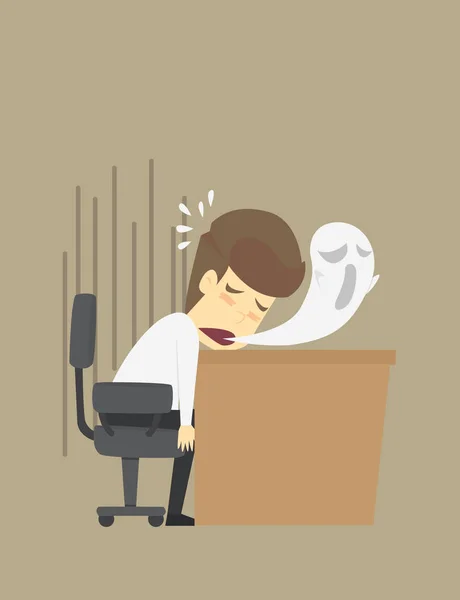 I’m not always sure when a health issue (like the hair loss) is a serious concern or a false alarm. And if you’re working way too hard, you’re probably not at all attuned to your body.
I’m not always sure when a health issue (like the hair loss) is a serious concern or a false alarm. And if you’re working way too hard, you’re probably not at all attuned to your body.
So, take an inverted approach: Instead of assuming that any minor (emphasis on minor) health problem is just a temporary issue, go ahead and ask yourself if it’s possibly related to working too hard. For example, do you have chronic stomachaches nowadays? Assume it’s related to work, and take a second to think about your behavior. Stuffing your face with Hot Pockets and washing it down with Diet Coke at your desk probably isn’t doing your stomach any favors, so try a week of stepping out of the office for a healthy salad. If you start to feel better, then you know you’re on the right track.
That said, I’m no doctor: If you notice something that seems concerning or out of the ordinary, it’s definitely time to swing by for a check-up. Seriously, take care of yourself.
Overcoming your tendency to overwork yourself usually comes down to paying more attention to how you’re feeling as well as to how people are reacting to you. Remember, you’re allowed to socialize, work normal hours, and be healthy. You just have to decide that you’re worth it.
Remember, you’re allowed to socialize, work normal hours, and be healthy. You just have to decide that you’re worth it.
Am I dirty if I work too hard and don't clean my house?
I am dirty, if very ...
21 responses
Last - Remove
#1
#2
#3
#4
#5
#6
#7
#8
#9,0003
#10
#11
#12
#13
Bead
By the way to instruct an ideal order-signs of disorder. It means that subconsciously you want to change something in your life.
It means that subconsciously you want to change something in your life.
#14
#16
Guest
The author, in a similar situation, I chose an aunt who comes on demand. It’s not so expensive, but it was the mental stress that relieved me that I needed to get out. And it is so valuable that I am ready to pay for it.
#17
Author
I come home in the evening - there are crumbs, there is dust, the curtains have not been washed for 3 months, but I just have no strength (((I also work sometimes at night, meeting with clients in the evenings, during the day the main work. I usually come home not earlier than 10-11.We usually clean together once a week, twice on weekends.. My husband helps a lot, of course, but sometimes I feel like a bad housewife and I am ashamed in front of my husband.Washes dishes he. I cook (2-3 times a week), I wash (1-2 times a week), I iron (once every 1-2 weeks). My husband vacuums more often, I wash the floors, toilet, bath, dust. can a woman be a bad housewife, provided that the apartment is not very clean and there is a lot of work?0003
I usually come home not earlier than 10-11.We usually clean together once a week, twice on weekends.. My husband helps a lot, of course, but sometimes I feel like a bad housewife and I am ashamed in front of my husband.Washes dishes he. I cook (2-3 times a week), I wash (1-2 times a week), I iron (once every 1-2 weeks). My husband vacuums more often, I wash the floors, toilet, bath, dust. can a woman be a bad housewife, provided that the apartment is not very clean and there is a lot of work?0003
#18
#19
also felt dirty. How often should curtains be washed so as not to be reputed to be dirty? In my opinion 2 times a year is enough.
#20
Author
Guest
Author, in a similar situation, I chose an aunt who comes on demand. It’s not so expensive, but it was the mental stress that relieved me that I needed to get out. And it is so valuable that I am ready to pay for it.
It’s not so expensive, but it was the mental stress that relieved me that I needed to get out. And it is so valuable that I am ready to pay for it.
Guest, can you tell me where exactly you were looking for? on recommendations? Do you pay dearly?
A friend was offended that I got a job
18 answers
How to politely get rid of a girlfriend?
8 answers
How to be? How to write your own version?
3 answers
Where to look for friends?
13 answers
Have you ever been put down for your appearance?
3 answers
A friend uses
2 answers
A friend asks me to punish him, what should I do?
6 answers
Am I being used?
3 answers
Popular topics per day:
-
Friendship between M and W .
 ..
.. 47 answers
-
Friend was offended, I got a job
18 answers 18 answers
-
Where to look for friends?
13 answers
-
How to politely get rid of a girlfriend?
8 answers
-
A friend stopped talking because of her studies!
6 answers
-
Am I being used?
3 answers
-
How to be? How to write your own version?
3 answers
-
Have you ever been put down for your appearance?
3 answers
-
A friend uses
2 answers
-
Ex-girlfriend
1 answer
Next Topic
-
Is physical punishment acceptable in raising a child?
333 answers
Previous topic
-
I argue and talk to myself.

55 responses
stories of those who work too hard
I work remotely mostly. Sometimes it's 12-14 hours, sometimes it's about 5. I almost always work on weekends. Not a full day, but I do some work. Less than 5 hours, perhaps, does not happen. On vacation I can work 1-2 hours a day.
There are always many tasks. In my case, overwork is a neurotic case. “I can do anything, I will work hard and even more, non-stop.” Then I drive. And the resource that is needed to redistribute time, pull myself together and start saying “no” to some tasks and projects, I also spend on work. In fact, you have collapsed - and you are crushed down by this load.
At one time, processing was due to personal circumstances. I didn't feel like going home, so I was more than happy to stay to work. Moreover, this is such a good reason - I work hard to earn money.
My young man suffers the most. I myself now understand that the situation with the work is inadequate. At the same time, if I do not do some volume, I will not be fired. You can always agree to refuse some tasks.
At the same time, if I do not do some volume, I will not be fired. You can always agree to refuse some tasks.
I don't have friends outside of Russia. And there is very little motivation to do it. And when I'm in Moscow and overloaded, I cancel a bunch of everything. Because I am very tired and I do not have the resources for social communication. It is better not to go anywhere and stay at home to work.
Work is the most serious part of my life. Even if these are some kind of hobbies, they are somehow connected with what I do at work. Outside of work, I can watch something at the cinema or at home - series. At the same time, if I watch something at home, I can work in parallel. 7-10% of the time per day is occupied by tasks that are not related to work. I didn't have much free time this month.
I really like the work that I do. But it feels like you can't refuse. I stopped considering myself as an important project, on which you also need to spend the time of your life. The entire possible pool of time is clogged with tasks, and this can no longer be controlled. This is a form of addiction. Now I realized that dream projects cannot be done as we would like. Because there are a lot of them and there is simply not enough time for everything.
The entire possible pool of time is clogged with tasks, and this can no longer be controlled. This is a form of addiction. Now I realized that dream projects cannot be done as we would like. Because there are a lot of them and there is simply not enough time for everything.
You always owe someone something. And there is never a sense of satisfaction. Finished one project, and others hang on you. There is a momentary feeling of joy, and then you realize that there is so much more to do. Therefore, you need to consciously refuse when you gain too much.
Ten years ago I was a "fighting squirrel". I was thrilled to work all the time, I sat at night. I've been kicked out of family nights, get-togethers and dates a million times. But when you're 25, night work is one conversation. And when you are over 30, it's a completely different matter. You experience this sleepless night not for one day, but for a week.
Then I had a certain motive to work hard - I earned money, bought an apartment. At first it seems that you can do a lot and there are a lot of resources. In fact, these are future resources. I now realize that I work much slower than I could. I do not know what I will have in 10 years - how I will pay for this expenditure of my strength.
At first it seems that you can do a lot and there are a lot of resources. In fact, these are future resources. I now realize that I work much slower than I could. I do not know what I will have in 10 years - how I will pay for this expenditure of my strength.
To save yourself, you must observe two points. The first is a time for rest, carved on a stone and recorded in a calendar, even a forced decision to rest. This is how I make time to spend with my family. If you do not put it on the calendar, it will dissolve in other things. The second is to understand that the degree of urgency is sometimes somewhat exaggerated. For example, there is a deadline, and you already understand that you are dead. You sit like this at 6 in the morning and plow with the last of your strength. And then it turns out that it was possible to pass tomorrow, the day after tomorrow, or sometime. The race is often in vain precisely because of the overestimation of the importance of a specific deadline.
For any workaholic, the normal rest time should be multiplied by two. Because the resources are depleted and the usual time is no longer enough. Just enough to sober up a bit. And to start working normally - no. If vacation, then not two weeks, but a month. It helped me reboot.
I believe that work is at least half of our life. Therefore, she cannot occupy an unimportant place. I live for work. My working day starts at 9:30 and ends in 12 hours. The rest of the time, around 10 pm, I spend on personal matters. On weekends, if I know that I need to work, I allocate 4 hours for this.
I don't think recycling is something super bad. Getting together as a team, sitting down at night and finishing the project while there is inspiration is cool. When this becomes a daily norm, you need to slow down and give yourself a month to recover.
Friends, acquaintances, parents constantly say that I work a lot. But, if I see the result of the work, it motivates me to continue. We have a motto in the agency: work hard play hard. After any major project, we definitely get out somewhere and relax together. It's an unspoken tradition.
We have a motto in the agency: work hard play hard. After any major project, we definitely get out somewhere and relax together. It's an unspoken tradition.
If I'm exhausted, I just need a tête-à-tête with the boss. I talk about some issues that I can’t solve, share my emotions. They can scold me in response, they can praise me. But in any case, the emotion will be transmitted - and I can continue to work. If I get tired, I live until the weekend and just try not to think about anything.
I share for myself the concepts of "workaholic" and "resultaholic". I have three girls under my direct supervision and they work very hard. But I often criticize for it. Because their sitting until 2 am at work does not bring results. They do it for the idea, for the team - "everyone is sitting, and I will sit." In such cases, I forcibly send them home. I need them tomorrow morning with a fresh head.
You need to understand why a person overworks and why he gets tired. If the reason is that he is busy with work, this is a matter of planning, you need to connect other employees to help him. Sometimes people overwork because they are ineffective due to personal issues. When girls are in poor condition or get sick, I redistribute their tasks, take something upon myself. I send them to rest and sleep.
Sometimes people overwork because they are ineffective due to personal issues. When girls are in poor condition or get sick, I redistribute their tasks, take something upon myself. I send them to rest and sleep.
My boss is now promoting this idea: he wants us to become an agency by the New Year that will work not 8, but 6 hours a day. In his opinion, you need to study more, devote time to self-development, and not sit at work. I hope we succeed.
Work occupies the most important place in my life, this is how I set priorities. Because I understand that there will be no other time in my life for this. Someday you have to get married, have children, start a family. I have literally a couple of years left to succeed, to become an expert. I can stay in the sphere and still not be completely immersed. Freelancing, for example.
I sleep 7 hours. It happens that I come home at 9 pm and I'm already so tired of everything that I decide to wash the dishes or clean up - do something monotonous to let me go a little. Sometimes I come at one in the morning or I arrive by taxi at 3. Usually I don’t have time to do something for myself in the evening.
Sometimes I come at one in the morning or I arrive by taxi at 3. Usually I don’t have time to do something for myself in the evening.
When my husband worked on a schedule from 8 to 6, he said that I work very hard. Now that he works late himself, he no longer talks like that. And there is no one else to talk to me. Mom always says that I work hard.
I suffer a lot from not having time to do other things. For example, spending time with loved ones. I am disappointed in this shock work. Once my husband and I did not go on a honeymoon trip immediately after the wedding. Because I had to go back to work and finish the project. We were only able to leave after 2 weeks.
Now I have 4 people under my supervision. I send them home, don't encourage night work. Specially on Friday I remove less important tasks from them. I try to make sure that they live in a normal mode.
I think it's a sign of a bad leader if a person works at night. And you need to take one more person or give an intern to help, if this volume really requires such forces.
Workaholism is a form of negative addiction. Often people start working more in order to improve their financial condition: the more you work, the more you earn. Or a result, such as a promotion. A person has a goal to improve the living conditions of the family or his own. The paradox lies in the fact that, working more than the resources of the body and psyche allow, he develops to poor health, lack of strength and motivation and spends money on restoring working capacity, and then works again.
Like any form of addiction, workaholism is about avoiding something. For example, from worries about the future, which are very difficult to worry about, so you need to do everything possible not to need. A person can go to work from relationships with relatives and friends: stay at work, come home very late and without strength, so that there are no complaints from the spouse: “I worked (a)”, “I make money, let you work , and I’ll be happy to stay at home ... ”Fatigue can justify non-participation in raising children, refusing to contact relatives, avoiding intimate relationships.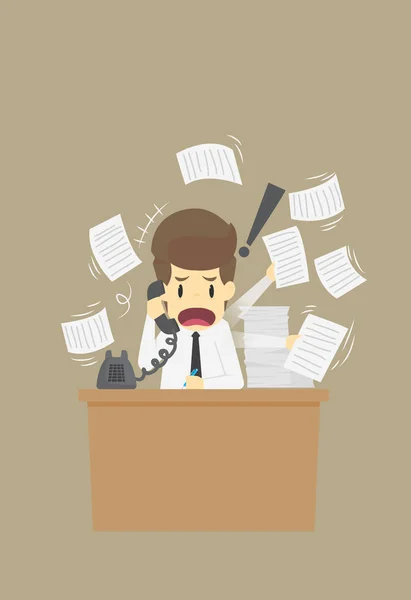
In the emotional sphere, irritation can be a wake-up call. It gradually grows and can turn into “everything infuriates me”, “how everything / everything got me”. At first, this applies to working moments, and then it can move on to relationships with loved ones and family members.
Work is experienced as a routine activity, although it used to be pleasant. Joy disappears from the process, and only the result remains. Positive events, such as family holidays or meetings with friends, trips that used to bring joy, now do not cause such vivid emotions. In an extreme degree, colors are leaving life, and gradually, from a three-dimensional experience of life, it can become as if not a real, black and white picture.
The psyche begins to resist excessive exposure and waste of resources. For example, you may start to forget about important meetings, deadlines, consciously "dodge" and postpone things that accumulate and create a strong level of stress, make you work even harder.


